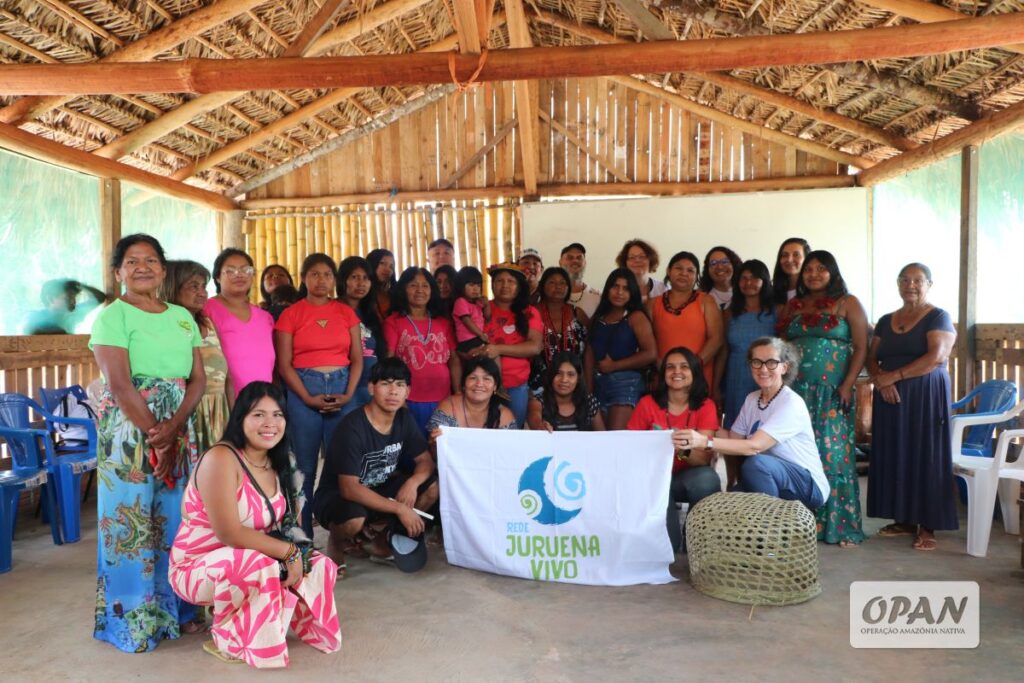A time of change: the new calendar, on the territory of Tirecatinga it’s created
The workshops organized by the Association of Indigenous Women Thutalinãnsu will result in the document, which updates the challenges of the adoption of the programme taking into account the impacts of the weather on the social and cultural life of the people.
AI generated audio
In the Land of the Indigenous (IT) Tirecatinga, they don’t follow the standards, as in the past. Nature, it could be expected, is now showing signs of confusion. The song of the bird macaoã, which is traditionally a sign of rain, you will hear back in August, but the rain did not materialize. The raw cassava is planted in September and kitchen to the ground and dies before turning to the food. The emergency of the climate, before something in the distance, and now manifests itself in the day-to-day, of the people who live in this area.
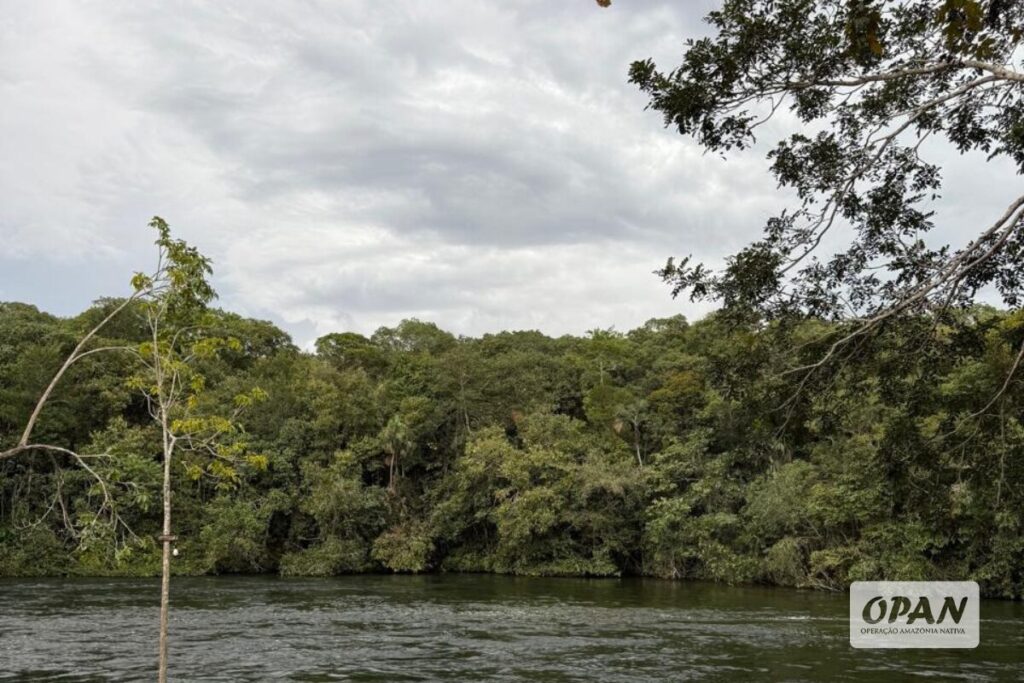
The Association of Thutalinãnsu, which is sensitive to climate change and has identified the need to update their calendar, ecological and cultural issues. This is a tool that reflects the changes in the area, there has been an attempt to present the proposals to cope. The demand came on the back of a shop in the territory of the young, in the wake of the participants of the need to do something about all the changes that are taking place.
In the first stage of the activity, carried out between the ages of 3 and 4 December, 2024, brought together representatives from the 11 villages: a New Horizon, Water, Light, New, Enchanted, white-lipped and Collared, New achievements, hyacinth Macaw, the Head of the Turtle, the Anchieta, Village, Guarantã, Mountains, Blue, and Utiariti. On the 21st day of February, in the year 2025, the participants came together in a Village, Mountains, Blue, and validated the content that is discussed in the last year. The information will be turned into a book, and an interactive timeline, with the illustrations done by young people who took part in the workshop.
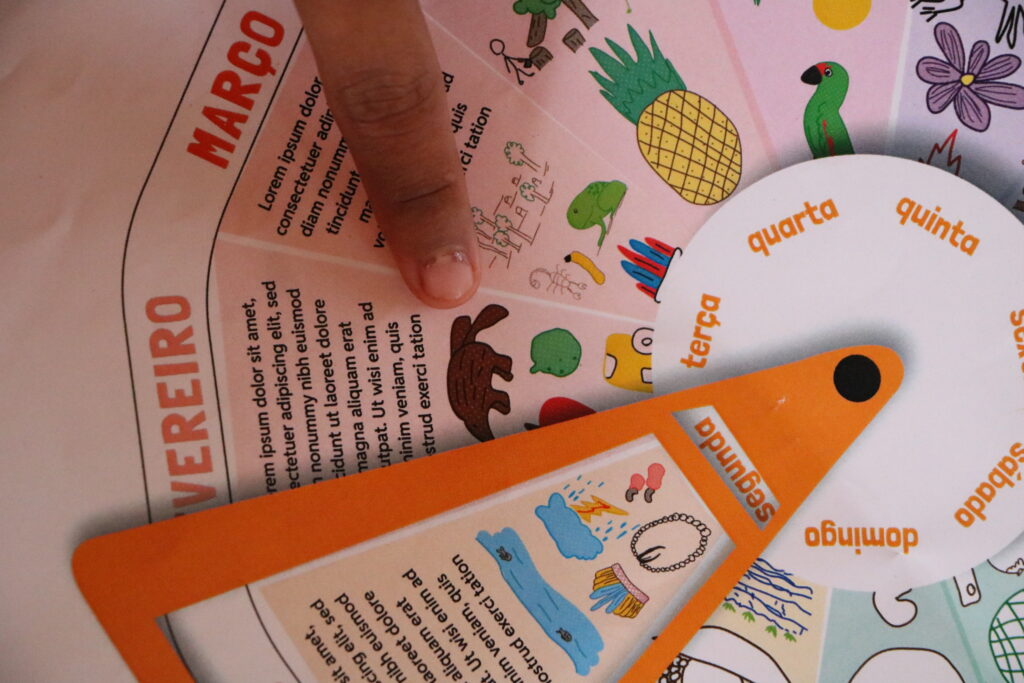
Cleide Availability, the president of the Thutalinãnsu, remember that the indigenous peoples were not expected to posting, and there was no need for the writing of the paper, and the relationship with the ancestors, a guarantee that the knowledge to be learned and passed on from one generation to the next. But the threats have grown up around the area have a look and register for what’s going on.
“It’s a way for us not to lose ourselves in the face of so many changes. When you understand, our old calendar, and what’s going on now, you have a greater understanding of, and we were able to talk about how we’re going to face. The importance of updating our calendar, the traditional way is to look for all the time, and to understand what it was like before, and that is not changing. In addition to the significance of these changes for our life. With the current schedule, we have one more tool in the fight to improve the lives of the community, to stand up for our rights.”

While the Availability, one of the leaders of the territory, which also took part in the activity, expressed concern about the future, wondering what will be the life of the young people in ten years ‘ time. “Anyone who is thinking about it?”, he asks. “We’ve had a good life. And now, what will life be like for these new ones?”. Climate change is already altering the pace of nature: the “Before tacava a fire in August for the plant every September. Today, we put a fire in December for a plant in europe. The time has changed. Your life has changed. The weather is changing. Who changed it? We didn’t,” he said, stressing the urgency to take action.
The calendar, such as an inheritance, and security
Peter, Nambikwara, the other lead to the Ground of the Indigenous Tirecatinga, he sees in the development of the calendar, a way of safeguarding the future. “We want to leave a legacy so valuable to those who will come after us,” he says. “I think this project is of the utmost importance, as it ensures that the future generations have the tools they need in order to face the challenges that come”.
In the face of each and every change that is identified in the area, the participants of the project have been devoted to the search for solutions adaptable. The storms are increasingly more frequent and more intense, with strong wind, and lightning, they have caused the destruction of houses and huts, schools, health centers, at the expense of the lives of the people. As an adaptation, it has been proposed for the construction of the structure sturdy, with solid foundations, and roofs, raised.
In addition to this, the creation of spaces of refuge for the insurance in the territory was seen as essential to provide shelter for their families in case of an emergency.
The challenges of the heat and contamination
The heat has made it difficult for the collection of medicinal plants in remote areas of the villages and crops, and much of the plant as a water source close to being contaminated with chemicals. To address this issue, the participants proposed to conduct in-depth analysis of the medicinal plants that are found in the center of the territory, in order to check for the presence of contaminants. In addition to this, the mapping of areas that are free of pesticides in the area has been considered of fundamental importance in order to ensure access to natural resources that are safe and secure.
With all the changes that are raised in the territory of Tirecatinga are going to be in a book, and a calendar. Marco Nambikwara it will be very important to the people, but also to the outside. “We want the calendar to be recognized and respected by the authorities at the local, state, and federal”.
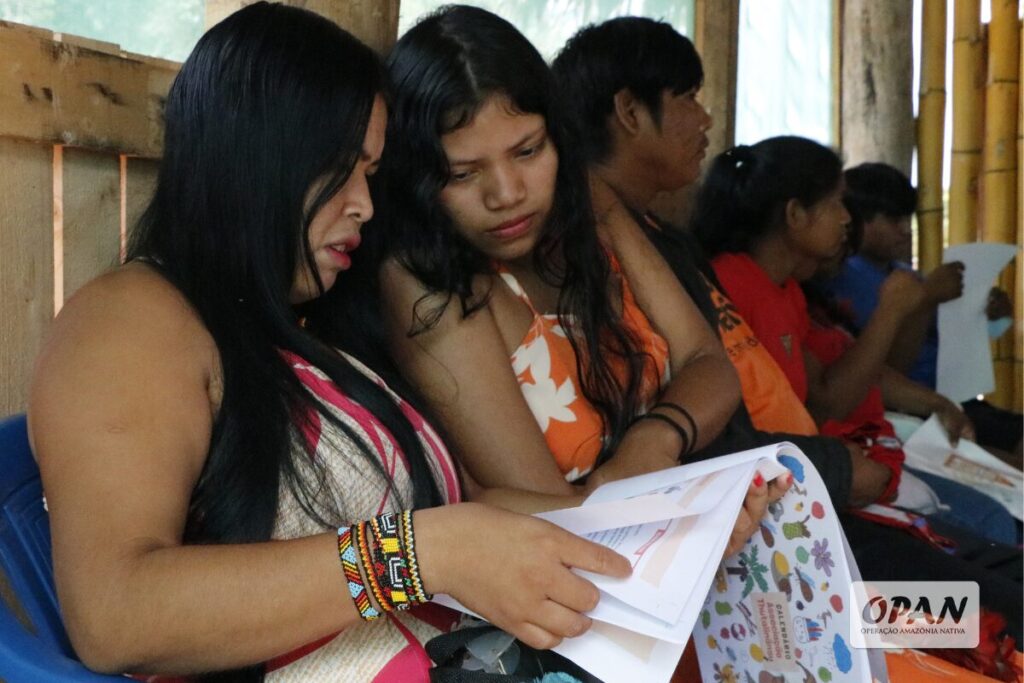
It is expected that in the book, the calendar, the fruits of the labor collective and ancient wisdom, to be released later this semester. “This is a real contribution to the discussion, and to the challenges posed by the management of indian lands in the middle of the transformations that have never been seen in the climate, which is profoundly impact on the societies of the indigenous peoples. The materials that come out of these workshops, here are the tools of the legitimate management of the people, made in order to address the problems of today and to enhance the National Policy on Territorial and Environmental Management of Indigenous Lands, and the PNGATI)”, says Andreas Fanzeres, co-ordinator of the Rights of Indigenous people of OPAN.
As Cleide Availability, the president of the Thutalinãnsu, these works are more than just records of climate change, but is a testimony to the resilience and strength of the people of the Tirecatinga. “Our presence here is a guide, across the land, we have our own strength. We are the people, we worship in our culture, grow our food, and we took it for ourselves. What to do right now is to be in the morning. We, indigenous peoples, we know that the earth is our mother. With its cycles, it is a deep, our way of living is connected with the nature. Tirecatinga is home to a lot of resistance, and the struggle of all the peoples who have lived here. It began with a Mission, the padres took away our status as a speaking language, talking about our life, such as it was. Then, talk to you about today’s ancestry is to reclaim one’s identity. Rise up by our culture, and we are adapting to a new reality,” he says Cleide Availability.
During the workshop, Liliane Xavier, executive secretary of the Network of the Juruena the Living and the facilitator of the activity, and they shared a deep connection you feel with the territory, Tirecatinga. “Since last year, when we started the discussion on climate justice with youth and young adults, I find it thrilling to be here, I shiver, and from the very first moment you stepped on this ground, and on my body and on my spirit and have responded in that way.”
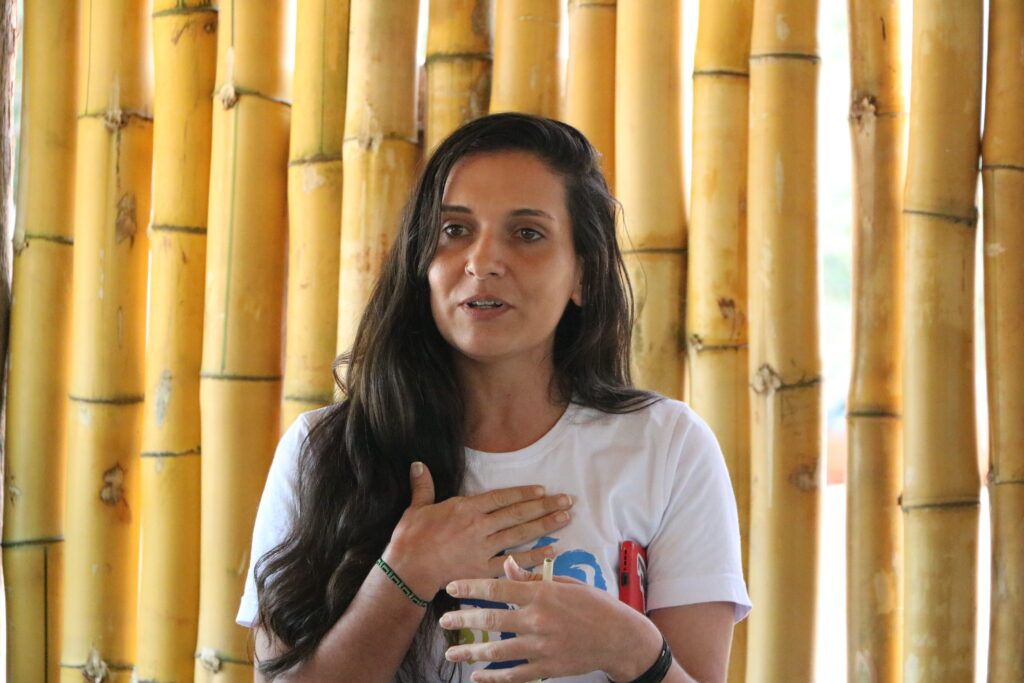
“I don’t think that you can connect to them to get a walk-very nice. And at the conclusion of the book, it does not mark the end of the work, but rather the beginning of a new era. What we do today was another step in the direction of the fight against the set of changes that have been imposed,” he added.
Liliane also emphasized how important it is to turn knowledge into action. “After the end of the book, and our next step is to look for ways of putting them into practice with all of the proposals that we have. We need to ensure that the solutions turn out to be wrong, and that we can build a safe, secure and right for the generations to come”.
